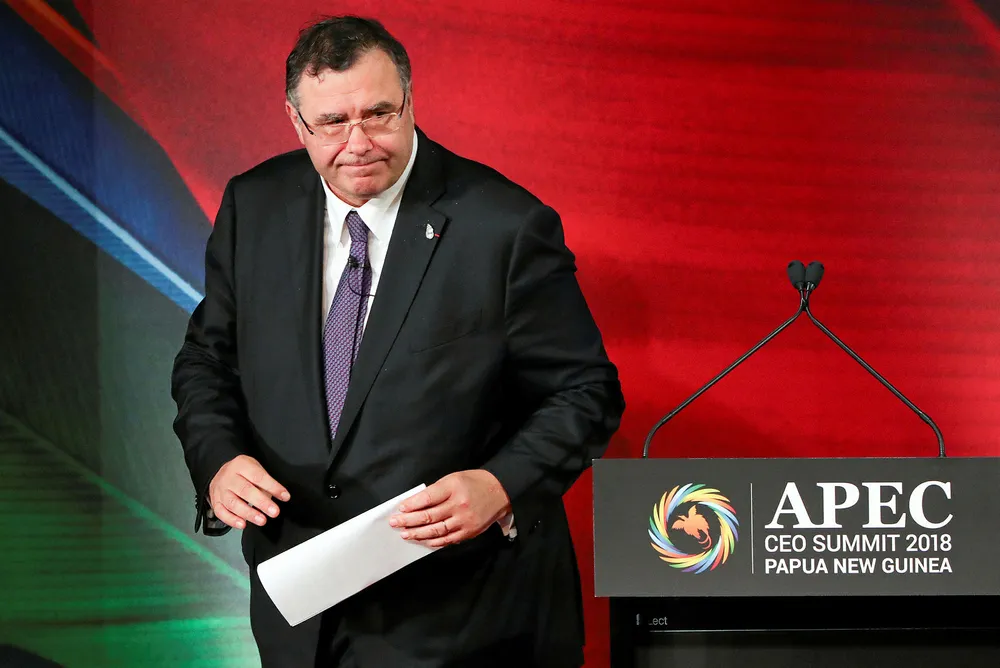Total knocks heads together to bring East African pipeline closer to fruition
Ugandan industry anticipates final investment decision on Albertine Graben oil development before end of year following accords on the pipeline

Ugandan industry anticipates final investment decision on Albertine Graben oil development before end of year following accords on the pipeline
